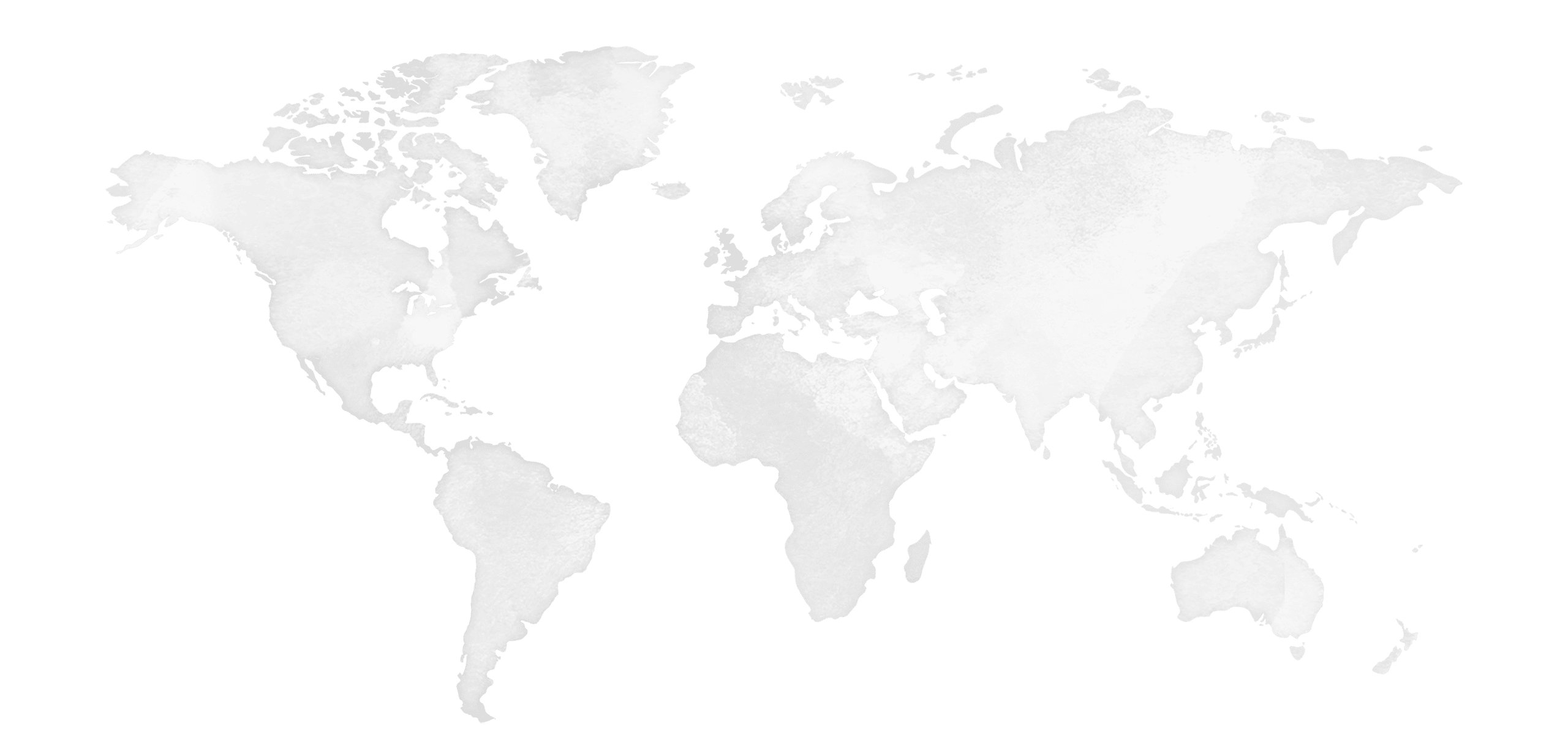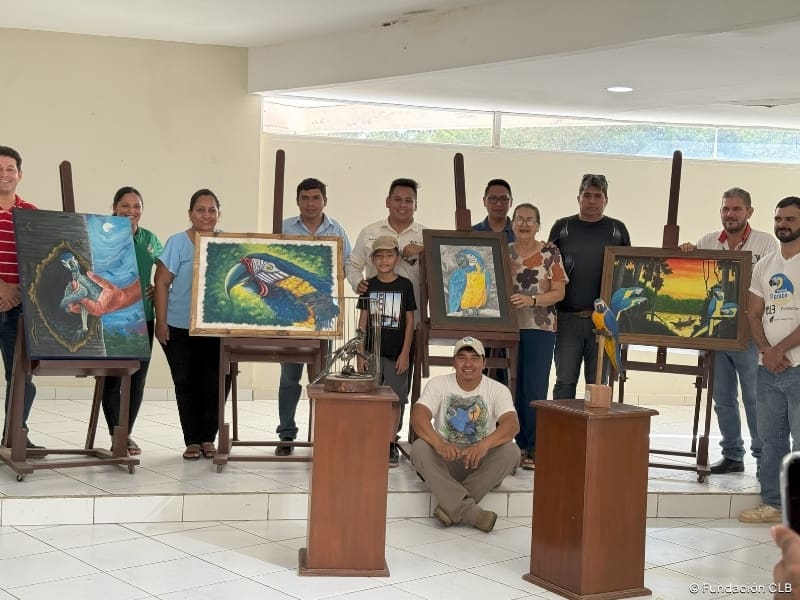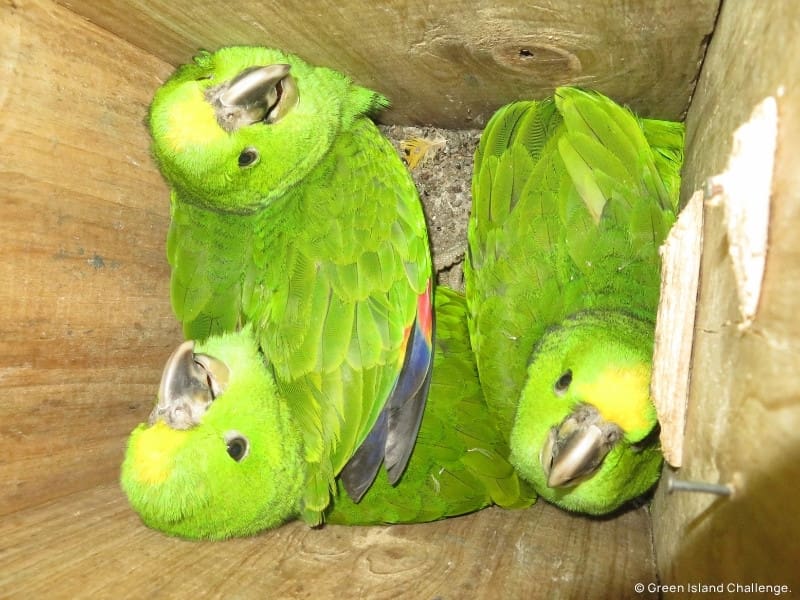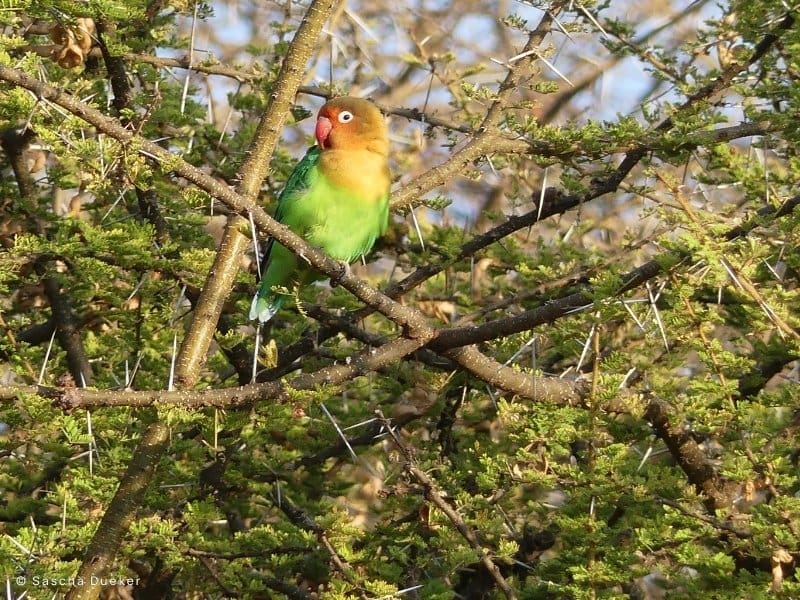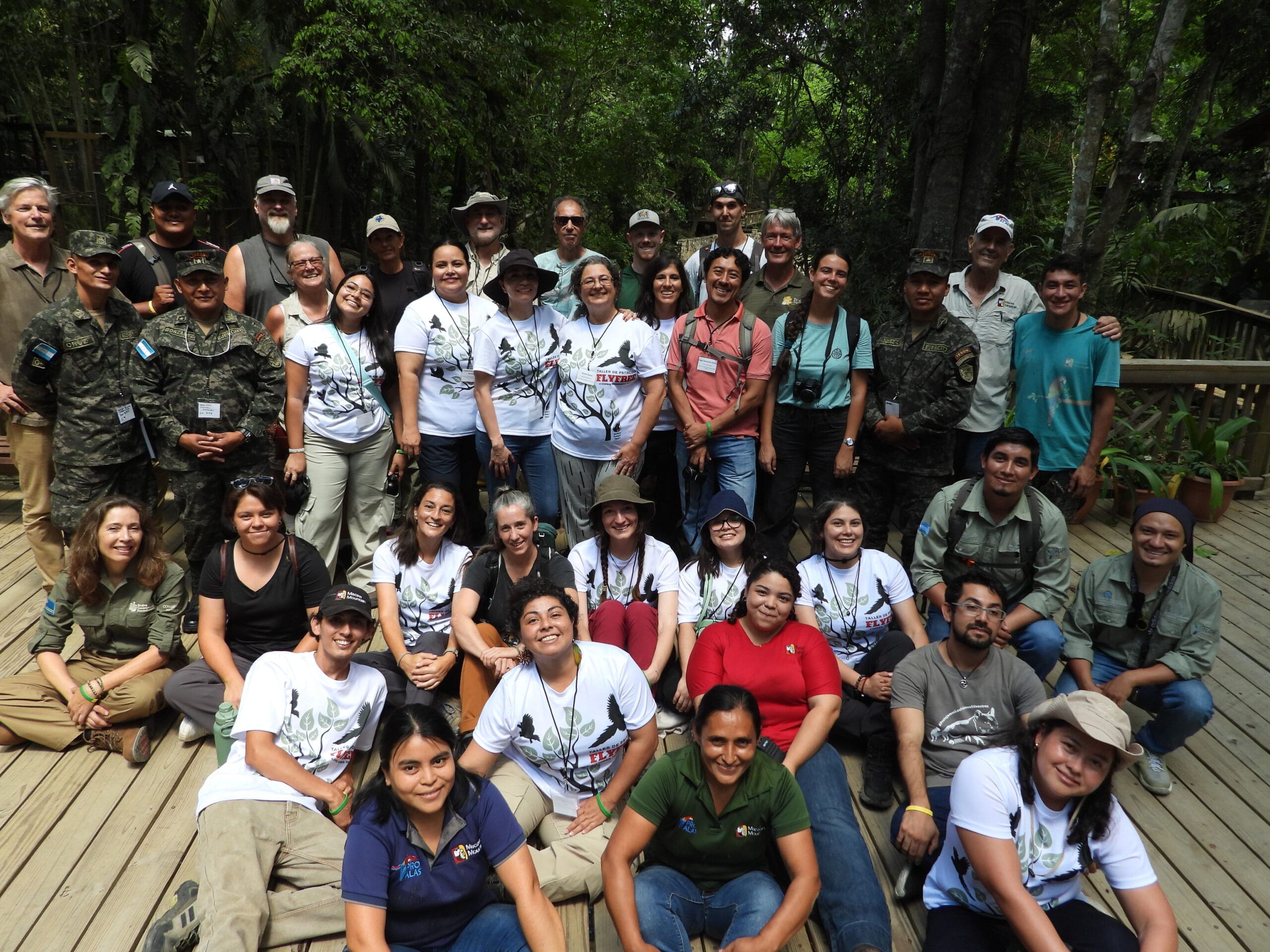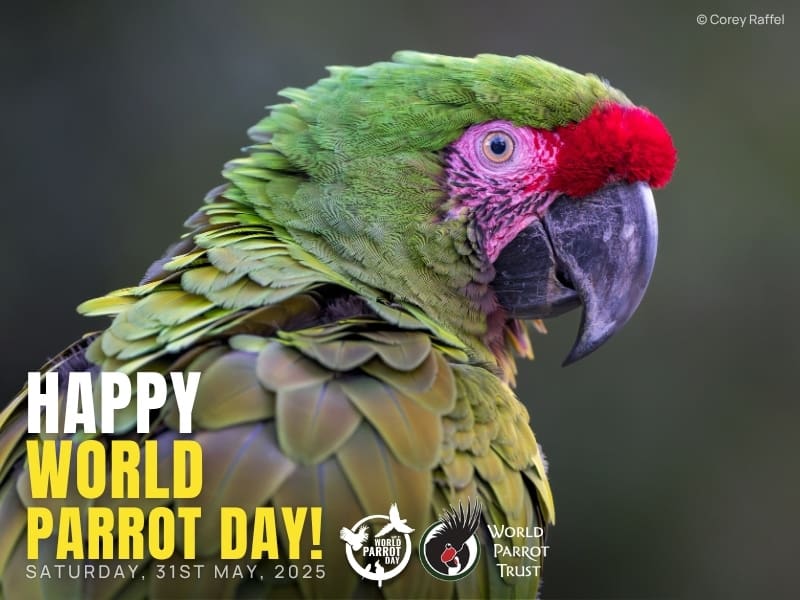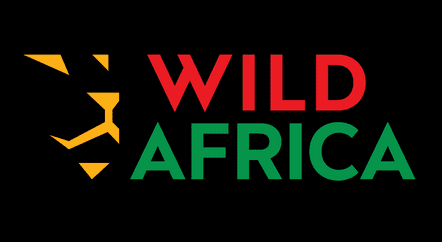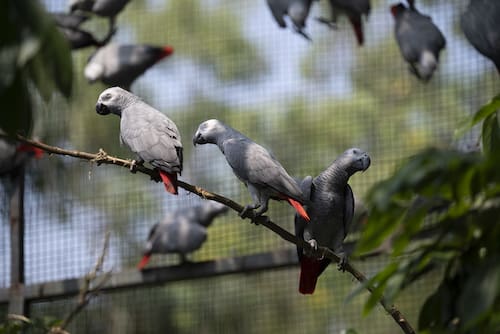Colors of Freedom: Celebrating the Blue-throated Macaw Through Art
Celebrating the Blue-throated Macaw Through Art In Bolivia, creativity is helping save one of the world’s rarest parrots. Led by our partners at Fundación CLB, in collaboration with the University Institute of Arts and the José Ballivián Autonomous University of...
